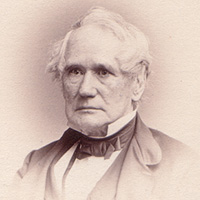A Quote by Nicola Sturgeon
Poverty is on the increase - due to welfare cuts - and demand for food banks has rocketed.
Related Quotes
The Black public sector middle class teachers, policeman, firemen, and post office workers, those jobs have been on the decline but there hasn't been a corresponding increase in the private sector. What is especially painful is government policy bailed out the banks without making them make reinvestments for rebuilding. The result is 53-million Americans are food insecure, 50-million Americans are in poverty, 44 million are on food stamps, 26 million are looking for a job.
Central banks are choosing to increase their gold holdings as a percentage of total reserves. They obviously think there is a reason to do that. It doesn't make sense to back up one currency with a hoard of other paper currencies. There needs to be a real anchor there. I think that central banks are well behind the curve. If you look at the percentage of above-ground gold controlled by central banks, it's historically low. Hence the fact that central banks are trying to increase their holdings. They've got a long way to go to get where they need to be.
Miners produce the bullion. If there is going to be more demand for gold from investors and central banks, where is the gold going to come from? They have to dig it out of the ground and sell it. As the price of gold goes higher, their profit margins increase. So if you are very bullish like I am and think there is going to be a big increase in gold, it's a huge opportunity for miners.
The best place to have some food set aside is within our homes, together with a little money in savings. The best welfare program is our own welfare program. Five or six cans of wheat in the home are better than a bushel in the welfare granary. ... We can begin with a one week's food supply and gradually build it to a month, and then to three months. I am speaking now of food to cover basic needs.
The 1996 welfare reform law, for the first time, connected welfare benefits with an expectation that recipients would work or participate in training. That work requirement led to record increases in employment and earnings and a record decrease in poverty and welfare dependence after it was enacted.
































